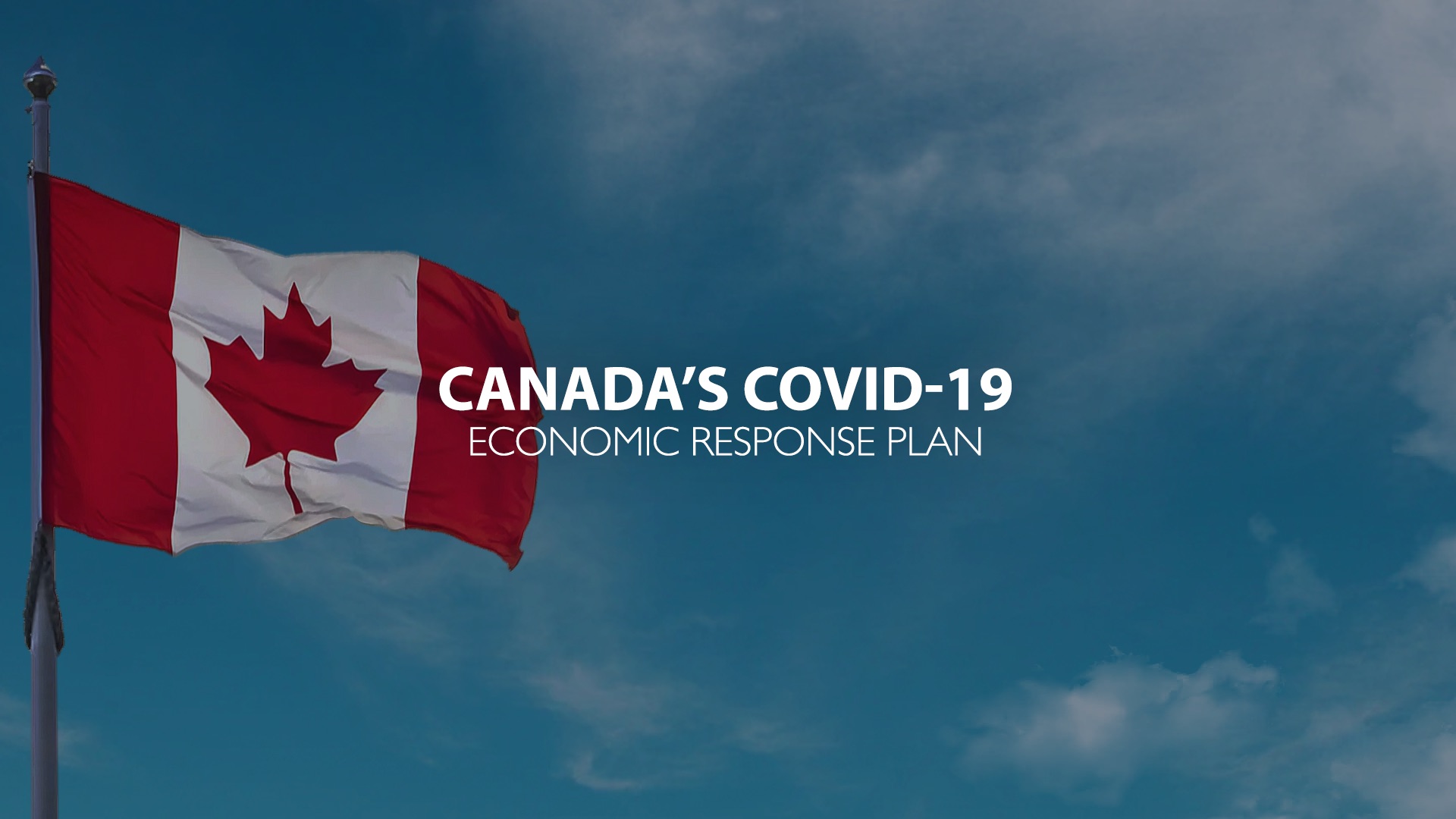Summary of The Canadian Government’s Financial Announcement

To our valued clients,
On March 18th, in an effort to address the ongoing financial fall-out arising from the COVID-19 pandemic, the federal government announced a number of new measures designed to support and assist Canadian businesses, employees and families.
This announcement highlights a number of key initiatives that are being implemented by the Federal government. The full government release can be found here.
Highlights of the Federal Government Announcements:¶
Business Tax Payment Relief¶
Businesses can defer the remittance of any income tax payments until September 1, 2020. This measure will apply to income tax balances and instalments owing on or after March 18, 2020, and before September 2020. There will be no interest or penalties payable on these deferred amounts. Please note that this deferral does not apply to GST/HST and employer payroll remittances.
Temporary Wage Subsidy¶
Small employers will be entitled to a wage subsidy for three months equal to 10% of the remuneration paid during that period, to a maximum subsidy of $1,375 per employee and $25,000 per employer. The subsidies apply for wages paid from March 18, 2020, through to June 20, 2020. Any employee, including family members, is eligible.
This subsidy is available to corporations who can claim the small business deduction, non-profit organizations and charities. To be eligible, corporations must have had a payroll account with the Canada Revenue Agency as of March 18, 2020, and have had less than $15-million in taxable capital employed in Canada in 2019.
Tax Filing/Payment Relief for Individuals and Trusts¶
Individuals, other than trusts, will not have to file their 2019 personal tax returns until June 1, 2020. Trusts who report on a calendar year basis will have until May 1, 2020, to file their 2019 tax returns.
All taxpayers who have income tax balances and income tax instalments owing on or after March 18, 2020, and before September 2020 may defer payment of those taxes until September 1, 2020. There will be no interest or penalties payable on these deferred amounts. As is the case with corporations, this deferral does not apply to GST/HST remittances.
Emergency Care and Support Benefits¶
Workers who cannot work because of COVID-19 and who generally are not eligible for employment insurance (EI) sickness benefits may qualify for a new Emergency Care Benefit providing up to $900 on a bi-weekly basis for up to 15 weeks. There will also be a new Emergency Support Benefit that will provide up to $5 billion in support to workers who don’t qualify for EI and become unemployed. The government is also planning to implement an EI Work Sharing Program which will provide certain benefits to workers who agree to reduce their normal working hours.
Reduced RRIF Minimum Requirements¶
Effective March 18th, the required minimum withdrawals from a Registered Retirement Income Fund (RRIF) will be reduced by 25% for the remainder of 2020. Similar rules will apply to individuals receiving variable benefit payments under defined contribution Registered Pension Plans. It is expected that additional details will be released in draft legislation as early as next week and it is our understanding that the RRIF minimum amount can continue to be paid at the before March 18, 2020 level without withholding tax on the amount in excess of the "new minimum."
Maximum Annual Child Care Benefit (CCB)¶
The maximum payment amount under the CCB will be increased by $300 per child for the 2019-20 benefit year with the additional amount being included with the May benefit payment.
If you have any questions or concerns, please contact the Department of Finance Canada at 1-800-622-6232 or to visit their website.



